I will never be lost, for I am a seed sown in Rangiātea
Te Wānanga o Raukawa is a tikanga Māori tertiary education provider based in Ōtaki. Hailed at the time as the 'smallest university in the world' Te Wānanga o Raukawa was established by the Raukawa Marae Trustees in 1981 with only two students (ākonga). Now with over 5000 ākonga, more than 70 courses are provided. Two of these are the Heke Puna Maumahara (Diploma in Information Management) and Poutuarongo Puna Maumahara qualification (Bachelor of Māori and Information Management).
The Puna Maumahara programme not only gives students the ability to champion a Māori perspective in the information and library sector but provides them with the tools they need to build expertise and knowledge within the industry.
| The unique degree structure requires ākonga to enrol in three compulsory components, each as important as the other – iwi/hapū studies, te reo Māori and the specialist area, in this case, He Puna Maumahara or Māori information management. This one-year diploma provides a foundation in all three of these components. The Puna Maumahara component introduces students to mātauranga Māori and an overview of libraries, archives, museums, and other cultural heritage sites, as well as traditional Māori information management repositories, theories, and systems. How information is organised in western models is examined alongside Māori models. Intellectual and cultural property rights, database creation, and globalisation of knowledge are all touched on in this foundation year. A further two years has ākonga completing their undergraduate degree. The degree course extends this learning and aims to develop bilingual and bicultural managers of Māori information. These years scaffold on the learning of the first year. The intent is to create well-rounded managers of Māori information, who are well versed in the two worlds, and able to add value to the western houses of knowledge as well as being able to create their own at a marae, hapū or iwi base. |
Raymond Peeti (Te Ātihaunui-a-Paparangi, Nga Paerangi) is a kaiako (tutor) in Te Reo Māori at the wānanga. Originally a student in the He Puna Maumahara qualification, he graduated in 2018 with the undergraduate degree. He joined the programme after helping with the archives and preservation of his hapū’s taonga tuku iho (heirlooms) at his marae, Kaiwhaiki in Whanganui.
“I wanted to develop a robust archival system for my hapū. What he puna maumahara offered was the ability to do the course on my marae. It not only developed me but also my whānau, hapu and iwi, as the guardians of our taonga tuku iho.”
“We did learn the Dewey Decimal Classification System, archival and conservation techniques, but everything we learned we learned through a Māori lens. Our kaiako , Hinureina Mangan, challenged us to see the Western constructs in museums, libraries, and galleries. She taught us to look deeper and use Māori eyes. “What do you see when you look at a wharenui,” she’d ask us. Some of us would say a house – but she challenged us to see the carvings, and ask who carved them, the tuku tuku panels and the stories they told, the photos and the wealth of knowledge in that whare. Everything came back to mātauranga Māori and who had the knowledge. We discovered how to take care of these taonga. It was ground-breaking stuff.”
Hinureina Mangan and Ani Pahuru-Huriwai were part of the team that designed and set up the programme in the late 1990s. They were both former tumuaki (presidents) of Te Rōpū Whakahau, and integral in forming the Tiriti partnership relationship with the then NZLIA, now LIANZA. Over the years the qualification has been supported by many kaiako who offer their time freely as kaiawhina (helpers) because of their commitment to this mahi (work). They include Vicki-Anne Heikell, Bernard Makoare and many others around the country.
The theory of Nga Puna Maumahara - Marae-Based Repositories (MBR), comes from Marae-Based Studies (MBS). It supports the idea that "for our long-term survival as a people every marae, every hapū and every iwi must have some of their people taught right at home by people from home" (Mangan N; ARCHIFACTS; 2005, p91).
| While the central place for learning is Ōtaki, outreach programmes have been run in Tairawhiti, Kaikohe, and Whanganui. Maria says pre-COVID ākonga would come in for four weekend residential workshops (noho) each year, working around the needs of full-time ākonga. Two additional learning sessions are held while ākonga work with their local iwi/hapu and marae. A high percentage (75%) of ākonga are already working in the sector, in libraries, kura (schools), or are marae-based. “The facilitators they bring into the course are amazing,” says Raymond. “They were very inspiring and authentic, they bought a wealth of knowledge in their area.” Maewa Kaihau started the programme in 2009 while working as assistant librarian at Te Wānanga o Raukawa. “Because the programme was developed specifically for Māori engaged in the information management industry, it made absolute sense for me to complete not only the Heke Puna Maumahara (the diploma) but also the bachelor programme. It suited me perfectly in many ways. Ease of access, being able to study in my own work environment. But as a student, being able to manage both full-time study and full-time work through their noho system, there were so many benefits.” |
This includes looking at the key issues faced by Māori within the industry such as intellectual property rights, colonisation, cultural misappropriation, barriers to access for Māori users within the industry, which Maewa says, are just the tip of the iceberg for Māori.
“It gave me a great overview of the information industry overall and even a little bit of specialist training in different areas. It gave me confidence to work as a specialist librarian working with, for and on behalf of Māori and it built the critical learnings that I needed within my role.”
“In my view it’s not only about making sure we have ‘rangatiratanga’ over our knowledge systems, our own mātauranga, but ensuring that Pākehā systems are Māori-friendly and have an integrated ‘Māori’ perspective to them.
Te Wānanga o Raukawa are hoping to develop a Tahuhu (Masters) degree programme in the future. For more information on these courses go here: https://www.wananga.com/bachelor-of-information-management

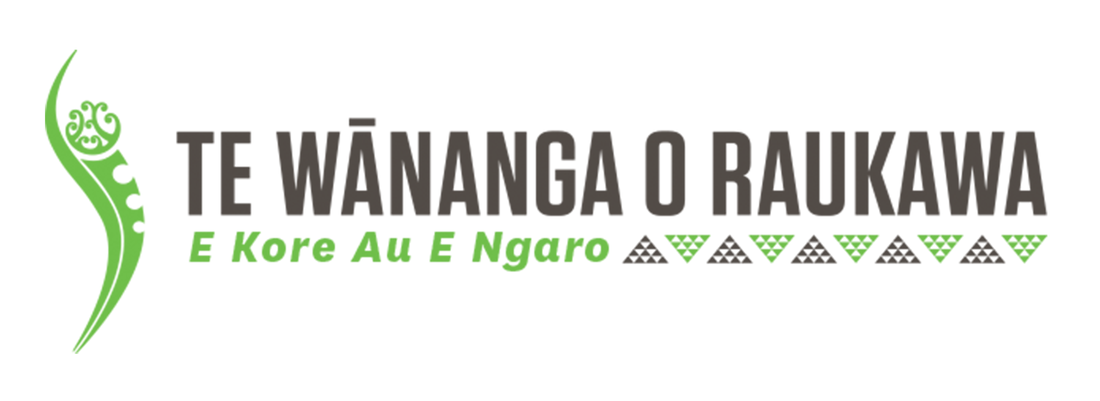
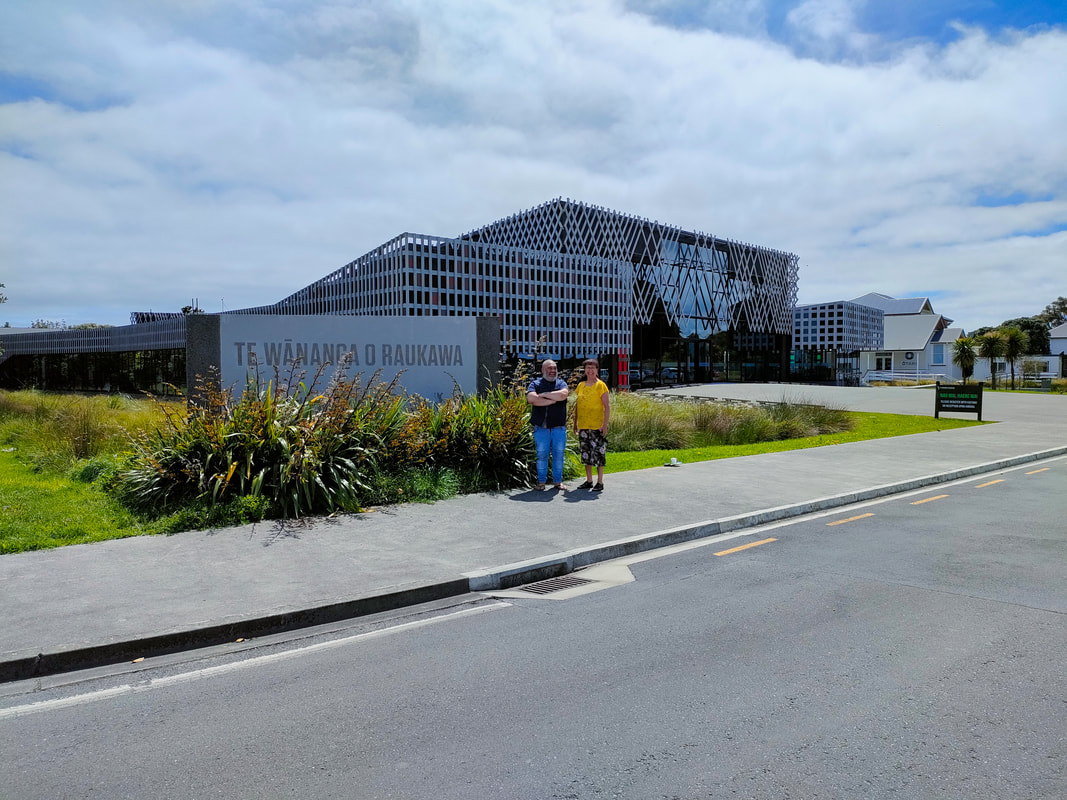
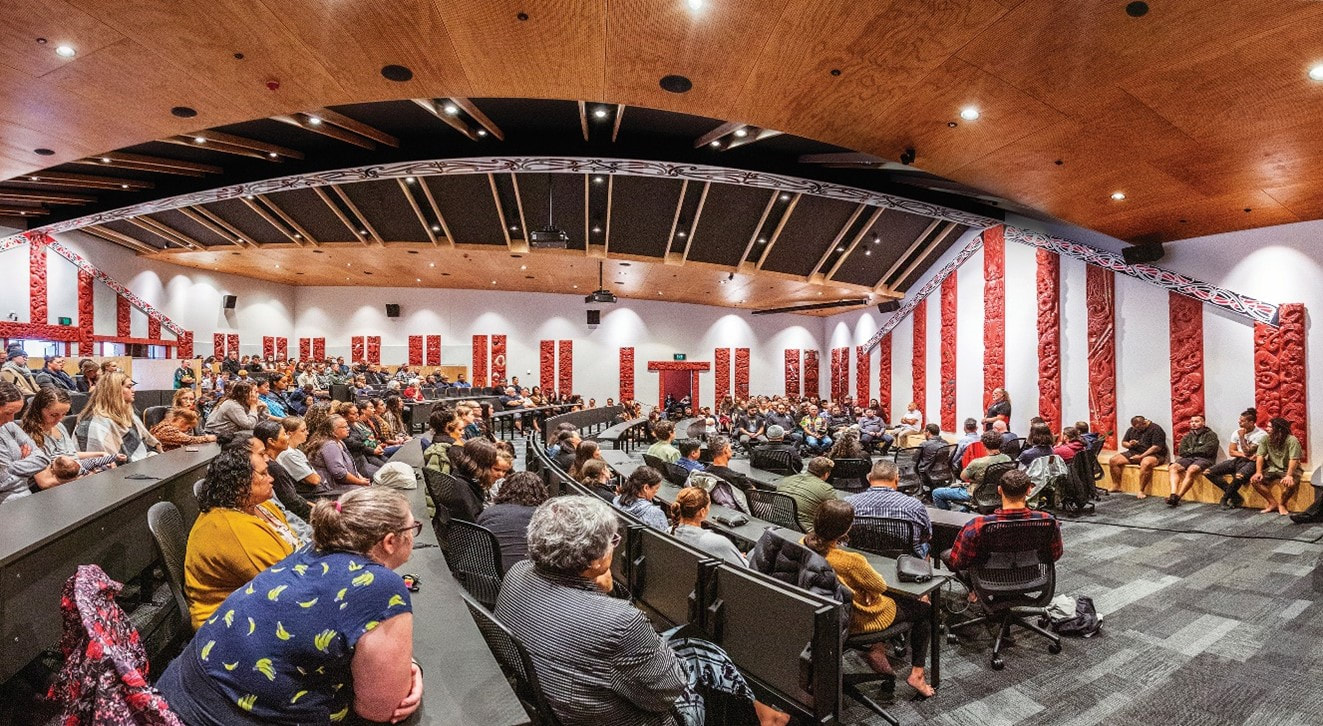
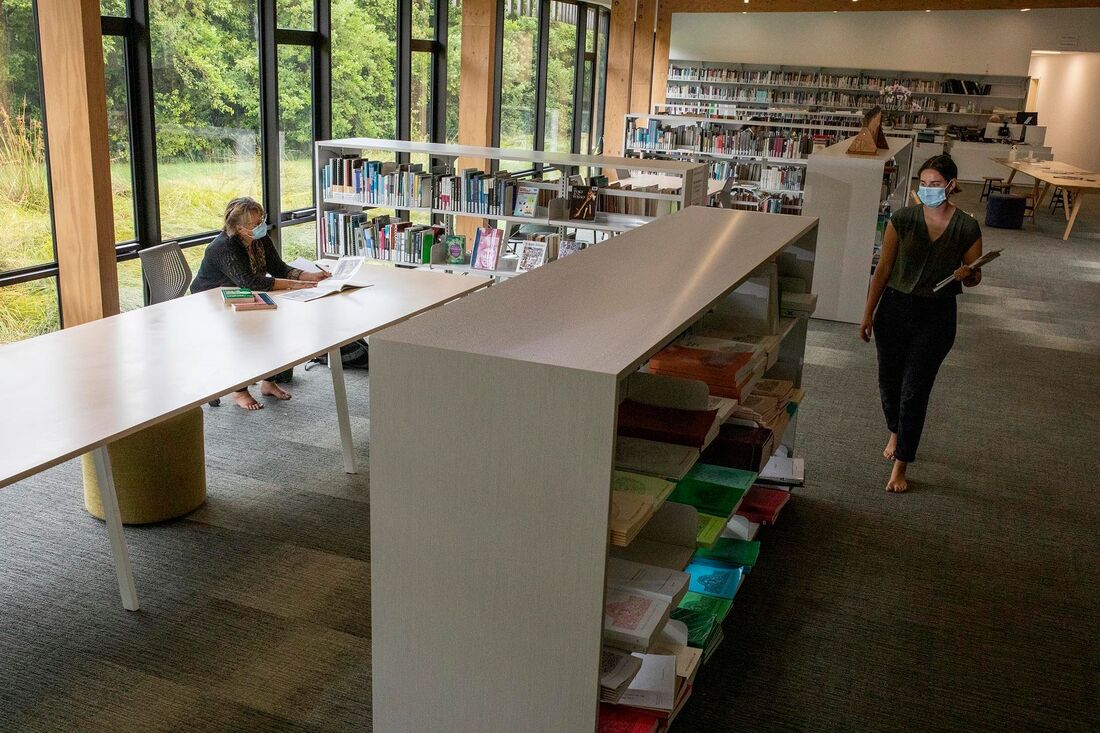
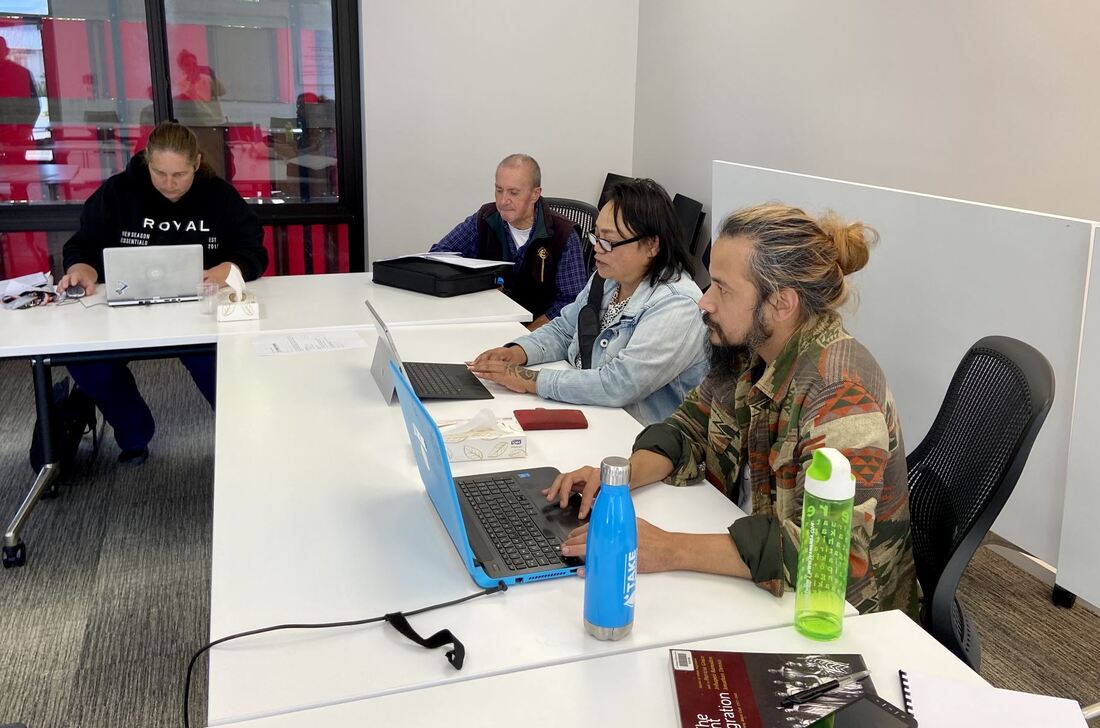
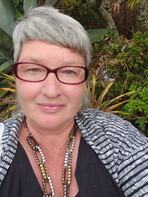

 RSS Feed
RSS Feed